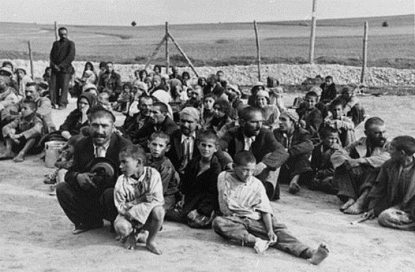Each year since the programme was started by Greek Culture Minister Melina Mercouri in 1985, a different European city has been awarded the title, with an aim ?to open up to the European public particular aspects of the culture of the city, region or country concerned."
From 2005, a rotating system was introduced, giving each EU member a chance to pick one or more of its cites four years in advance to carry the title, with competition among the candidate cities encouraged. EU cultural ministers decided in 2004 that, from 2009, a city from an old member state and from a new one would share the title. And, from 2010, they said European cities in non-member states could apply for the title as well.
Last year, Pécs was picked for Hungary?s choice of European Capital of Culture in 2010, beating Budapest. It will share the title with a German city, either Görlitz or Essen. And it could also share the title with Kiev, which EU officials recently said Ukraine had nominated under the new rules. Istanbul, another city outside of the EU, could also apply.
Cities that were earlier named ?City of Culture? included Athens, Florence, Amsterdam, (West) Berlin, Paris, Glasgow, Dublin, Madrid, Antwerp, Lisbon, Luxembourg, Copenhagen, Thessaloniki, Stockholm and Weimar.


 Megosztás a Facebookon
Megosztás a Facebookon Küldés messengeren
Küldés messengeren link
másolása
link
másolása
